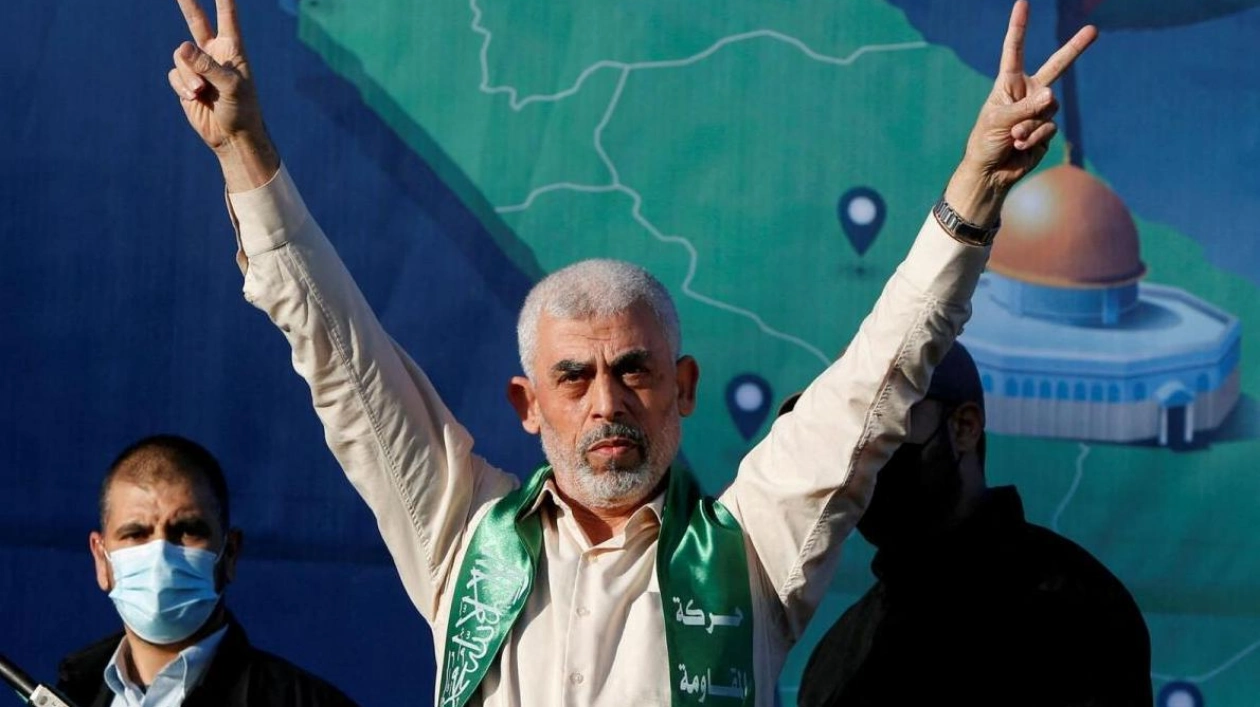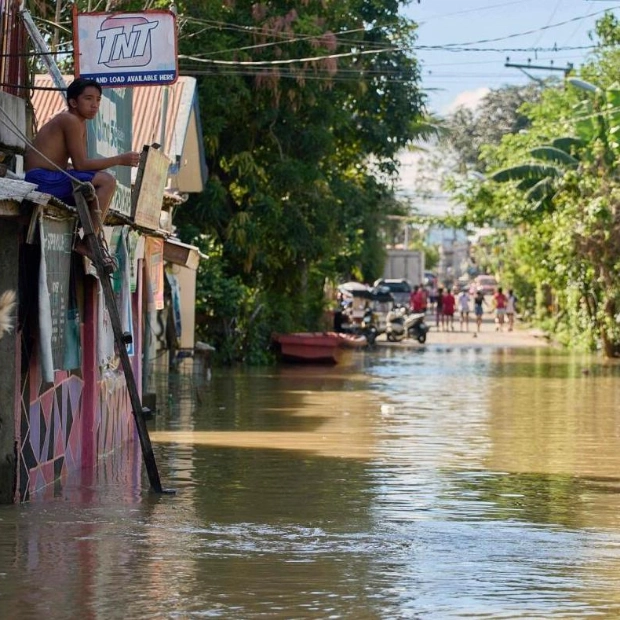Israel's military campaign aimed at eradicating Hamas in response to the October 7 attack has significantly weakened the group by eliminating several of its leaders and thousands of fighters, and by reducing large areas of the territory it controls to ruins. However, Hamas has not been completely crushed, and a year after its unprecedented assault on Israel, its grip on Gaza remains intact. Hamas initiated the Gaza war by dispatching hundreds of fighters across the border into Israel on October 7, 2023, to attack communities in the south. This attack resulted in the deaths of 1,205 people, the majority of whom were civilians, according to an AFP tally based on official Israeli figures, which include hostages killed in captivity. Vowing to crush Hamas and rescue the hostages, Israel launched a comprehensive military campaign in the Gaza Strip, involving land, sea, and air operations. According to data from the Hamas-run Gaza health ministry, the war has claimed the lives of over 41,000 people, the majority of whom were civilians. The United Nations has confirmed the reliability of these figures.
One of the most significant setbacks for Hamas since its inception in 1987 during the Palestinian intifada uprising was the assassination of its leader, Ismail Haniyeh, in Iran on July 31. Both Hamas and its supporter Iran accused Israel of orchestrating Haniyeh's death, although Israel has not officially commented. Following Haniyeh's death, Hamas appointed Yahya Sinwar, whom Israel accuses of masterminding the October 7 attack, as its new leader. On the Gaza battlefield, Israeli forces have aggressively targeted both Sinwar and Hamas military chief Mohammed Deif, whom Israel claims to have killed in an air strike. Hamas, however, insists that Deif is still alive.
A senior Hamas official described Sinwar, who has not been seen in public since the war began, as a 'supreme commander' who leads both the military and political wings of Hamas. 'A team is dedicated to his security because he is the enemy's number one target,' the official said. In August, Israeli officials reported that the dead in Gaza included more than 17,000 Palestinian militants. A senior Hamas official acknowledged that 'several thousand fighters from the movement and other resistance groups died in combat.' Despite its substantial losses, a source within Hamas's armed wing boasted about the intelligence and security failure that the October 7 attack represented for Israel.
Israel has its own assessment of Hamas's current state. In September, Defence Minister Yoav Gallant stated that Hamas 'as a military formation no longer exists.' Bruce Hoffman, a researcher at the Council on Foreign Relations, noted that Israel's offensive has dealt a 'grievous but not a crushing blow' to Hamas. Hamas has single-handedly controlled Gaza and its institutions since 2007, following its victory in legislative elections a year earlier and the subsequent defeat of its Palestinian rival Fatah in street battles. Now, most of Gaza's institutions have been either damaged or destroyed.
Israel accuses Hamas of using schools, health facilities, and other civilian infrastructure for military operations, a claim Hamas denies. The war has rendered no part of Gaza safe from bombardment: schools turned into shelters for the displaced have been hit, as have healthcare facilities. Hundreds of thousands of children have not attended school in nearly a year, while universities, power plants, water pumping stations, and police stations are no longer operational. By mid-2024, Gaza's economy had shrunk to less than one-sixth of its 2022 level, according to a UN report, which stated that it would take 'decades to bring Gaza back' to its pre-October 7 state.
The collapse of Gaza's economy has fueled widespread discontent among its 2.4 million residents, two-thirds of whom were already impoverished before the war, according to Mukhaimer Abu Saada, a political researcher at Al Azhar University in Cairo. 'The criticism is harsh,' he said. His colleague Jamal Al Fadi described the October 7 attack as 'political suicide for Hamas,' which has now 'found itself isolated.' Hamas political bureau member Bassem Naim dismissed this assessment, stating that 'while some may not agree with Hamas's political views, the resistance and its project continue to enjoy widespread support.' A poll by the Palestinian Centre for Policy and Survey Research in June showed that 67% of those surveyed in the Israeli-occupied West Bank believe that Hamas will eventually defeat Israel. However, in Gaza itself, that figure is lower: just 48%.






